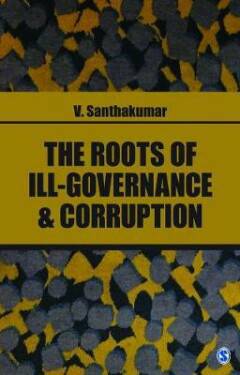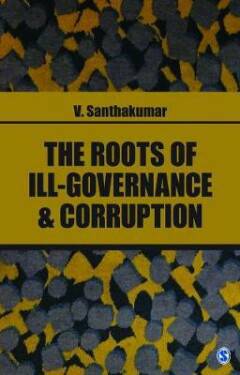
- Afhalen na 1 uur in een winkel met voorraad
- Gratis thuislevering in België vanaf € 30
- Ruim aanbod met 7 miljoen producten
- Afhalen na 1 uur in een winkel met voorraad
- Gratis thuislevering in België vanaf € 30
- Ruim aanbod met 7 miljoen producten
Omschrijving
This book provides a comprehensive assessment of the motivation behind corruption and ill-governance in countries, such as India. It presents a sound theoretical structure outlining the journey through various phases of elitism, counter-elitism, competitive populism, and, finally, good governance.
The political willingness to bring in good governance, the book argues, depends on the electoral importance of the middle classes. Ironically, however, such a middle class emerges out of the policies of distributing private goods, including education, facilitated through counter-elite capture and competitive populism.
This book emphasises that despite the emergence of the middle class in India as a whole, during the last two decades, their percentage and role in many states are currently limited. The continuation of high levels of ill-governance and corruption is explained here in terms of the role they play in shaping the central government, and also many state governments in India.
Specificaties
Betrokkenen
- Auteur(s):
- Uitgeverij:
Inhoud
- Aantal bladzijden:
- 192
- Taal:
- Engels
Eigenschappen
- Productcode (EAN):
- 9789351500599
- Verschijningsdatum:
- 7/02/2015
- Uitvoering:
- Hardcover
- Formaat:
- Genaaid
- Afmetingen:
- 142 mm x 216 mm
- Gewicht:
- 340 g

Alleen bij Standaard Boekhandel
Beoordelingen
We publiceren alleen reviews die voldoen aan de voorwaarden voor reviews. Bekijk onze voorwaarden voor reviews.











